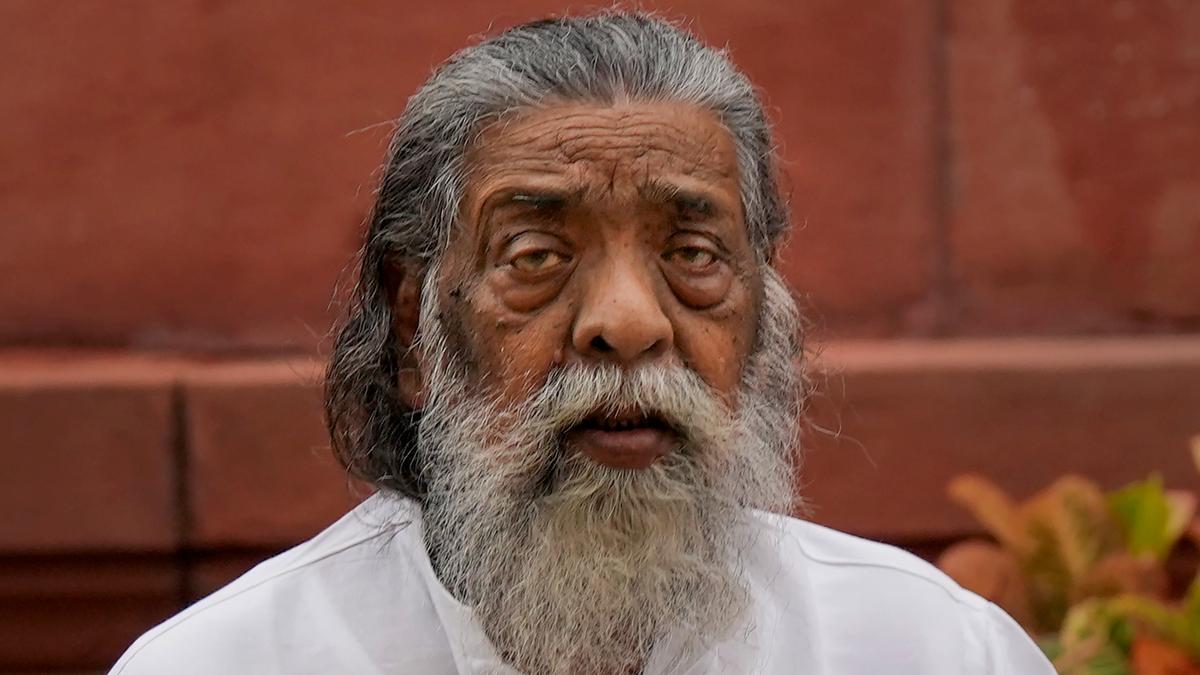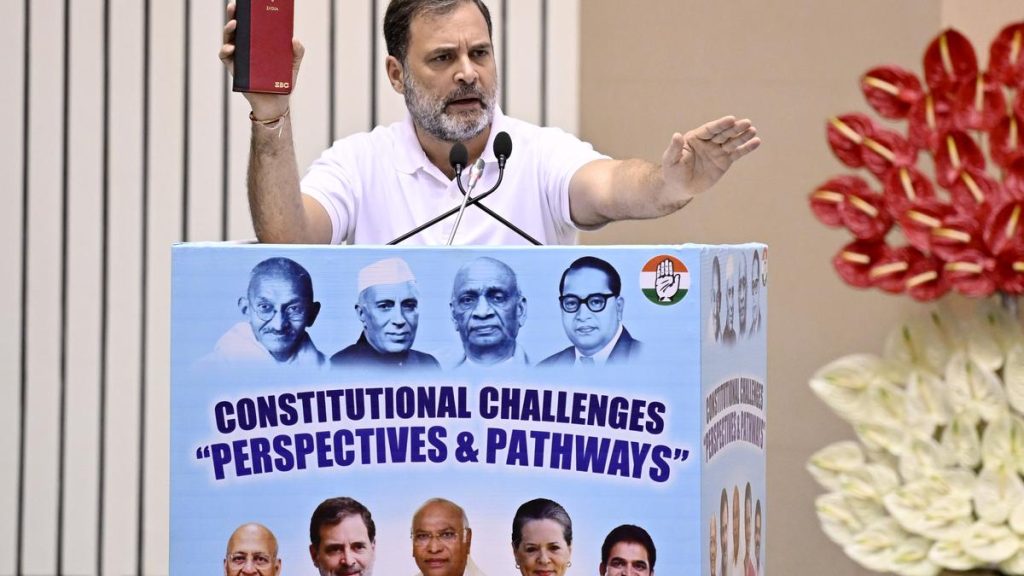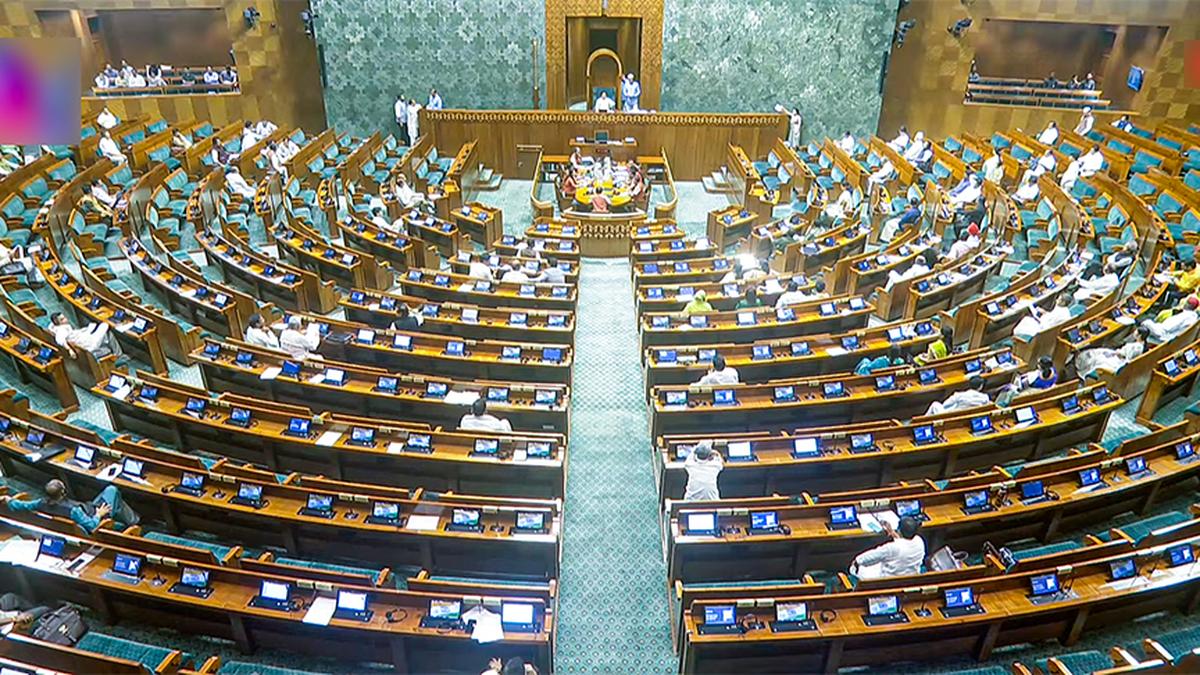Now Reading: JMM Founder and Ex-Jharkhand CM Shibu Soren Passes Away at 81
-
01
JMM Founder and Ex-Jharkhand CM Shibu Soren Passes Away at 81
JMM Founder and Ex-Jharkhand CM Shibu Soren Passes Away at 81

Rapid Summary:
- Shibu Soren, the 81-year-old founder of Jharkhand Mukti Morcha (JMM) and tribally revered leader known as ‘Dishom Guru’ or ‘Guruji,’ passed away on August 4, 2025, at Sir Ganga Ram Hospital in New Delhi due to kidney-related ailments. He had been on life support for a month following a stroke.
- His son and Jharkhand Chief Minister Hemant Soren confirmed his death via social media with an emotional message.
- Born on January 11, 1944, Soren was known for challenging exploitative money-lending practices and advocating tribal rights. He played a pivotal role in the movement for the creation of Jharkhand state.
- The JMM party was founded by him in February 1972, with Binod Bihari Mahto initially serving as president before Soren took leadership after Nirmal Mahto’s passing in 1987.
- Shibu Soren served multiple political roles:
– Elected to lok Sabha eight times since his first win from Dumka seat in 1980.
– Served three brief terms as Jharkhand’s Chief Minister between March 2005 and may 2010.
– Worked briefly as Rajya Sabha MP in 2002 and held national prominence as Coal minister under Manmohan Singh’s government (2004).
- in legal controversies, he was convicted by a Delhi court for murder charges regarding his secretary’s death but later acquitted by the Supreme Court in April 2018.
- The soren family has dominated JMM leadership; they governed Jharkhand five times as its statehood formation on November 15, 2000.
Indian Opinion Analysis:
Shibu Soren leaves behind an indelible legacy rooted deeply within India’s tribal empowerment movement and regional autonomy politics. His contributions toward creating Jharkhand marked him as not just a political figure but also as a champion of marginalized communities’ voices who challenged systemic exploitation.
Soren’s centrality to tribal issues extended beyond borders into Odisha and West Bengal. By founding JMM during India’s post-independence period-which needed stronger regional depiction-he amplified broader discussions about identity-based governance.
his tenure wasn’t devoid of controversy; while legal turmoil raised questions about accountability given significant criminal accusations against him, subsequent acquittals underscored flaws or complexities within India’s judicial process concerning high-profile cases. Politically though, his ability to consolidate substantial tribal voter bases into actionable movements undeniably shaped electoral dynamics locally while influencing coalition equations nationally.
As India reflects upon governance models inclusive of historically disenfranchised groups like tribals-a dimension critical amid evolving federal-state relations-it might examine how grassroots efforts like those pioneered by leaders such as Shibu interact with overarching national policies today.






















